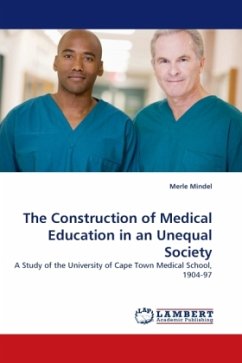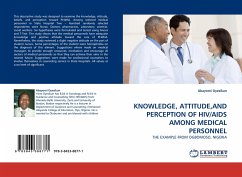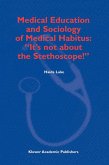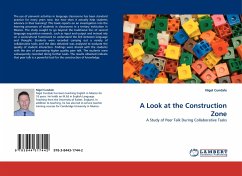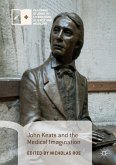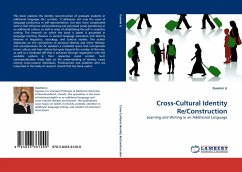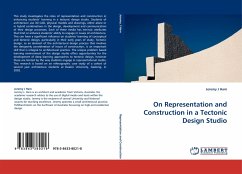Twentieth-century South Africa was a country which did not doubt the propriety of racial ranking. This study is distilled from the author s lifetime of experience, research, interviewing, and debate about a society which sustained the supremacy of white rule in all of its systems. Mindel focuses in particular on how, between 1904-1997, the University of Cape Town Medical School adopted and modified for pedagogical use a biomedical model from the University Edinburgh which was inherently racist and sexist, thus promulgating supposed scientific "truths" which allowed for the further oppression and denigration of non-whites and women. Mindel asserts that, even in post-apartheid South Africa, the country continues to live with a troubling ideological inheritance which complicates social progress. Drawing from theorists like Freidson and Foucault, the author persuasively argues that, in any divided society, whether by race, gender, class or religion, the origins of so-called "knowledge" and "truth" must be scrupulously examined if solutions to the real-life suffering of oppressed people are ever to be found.

